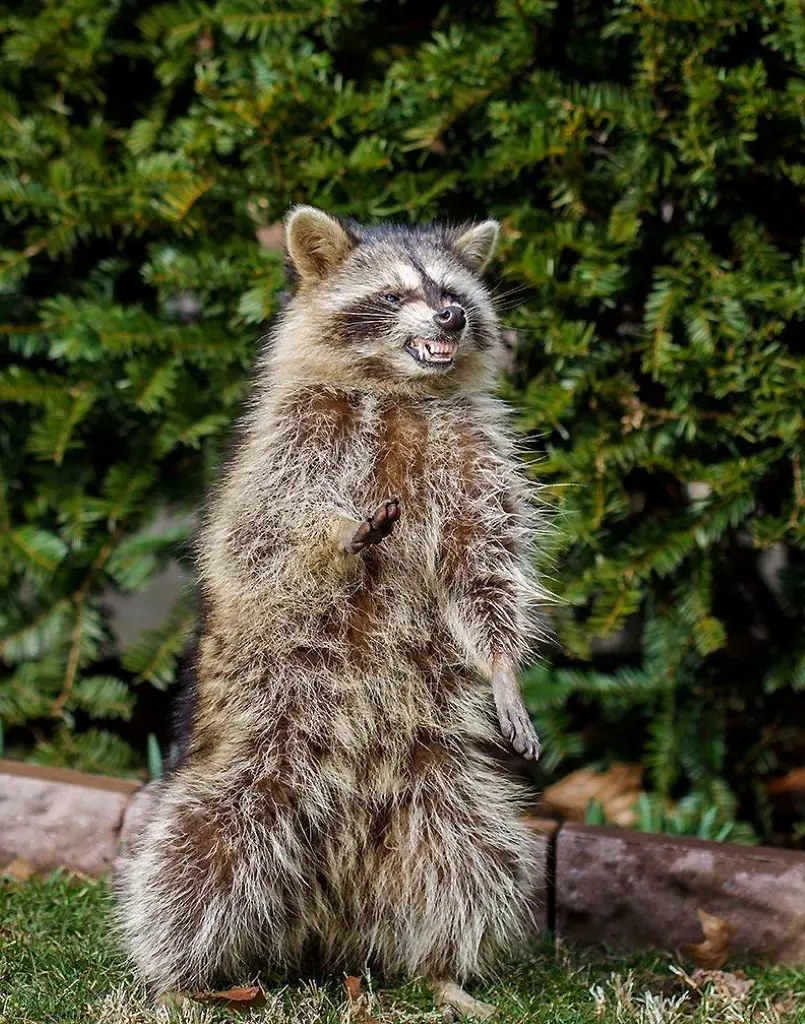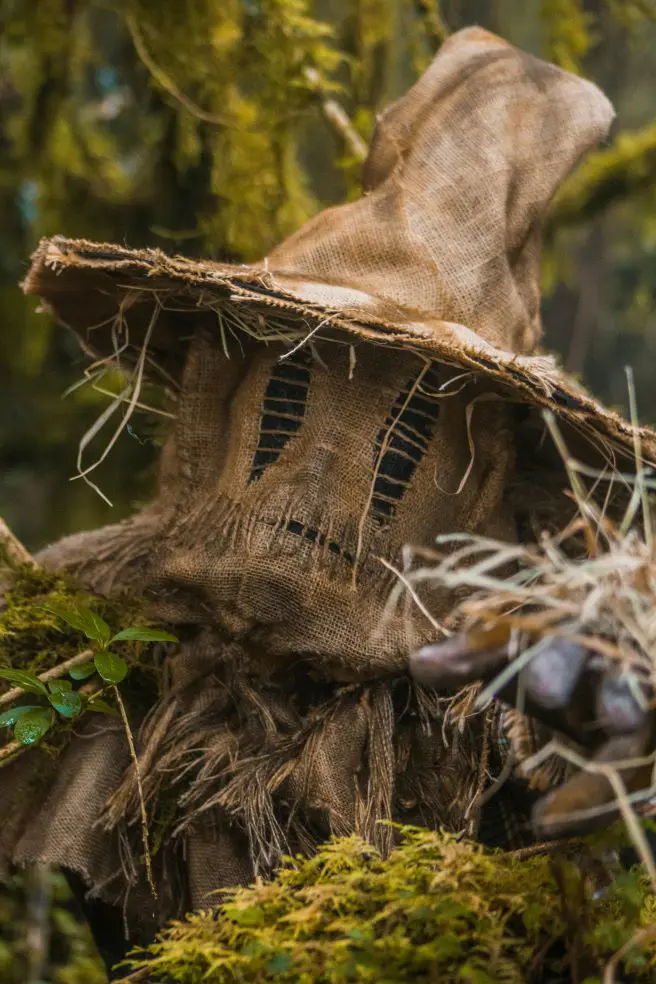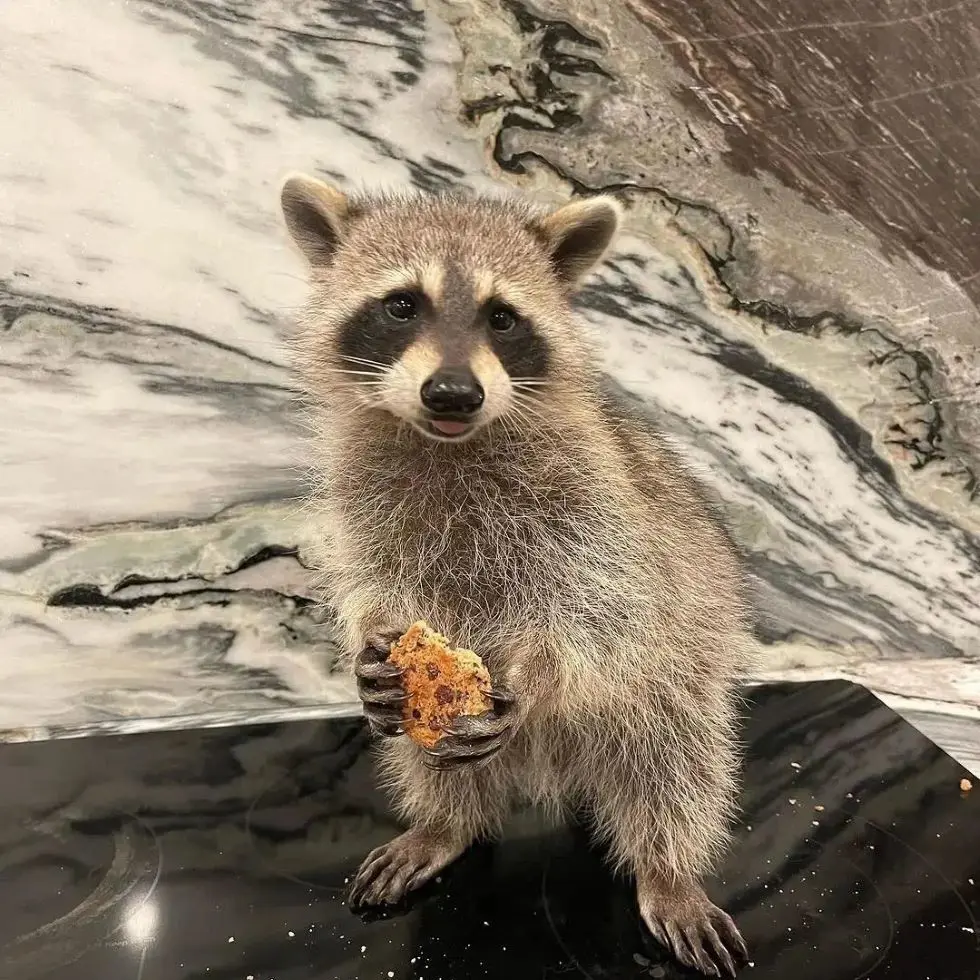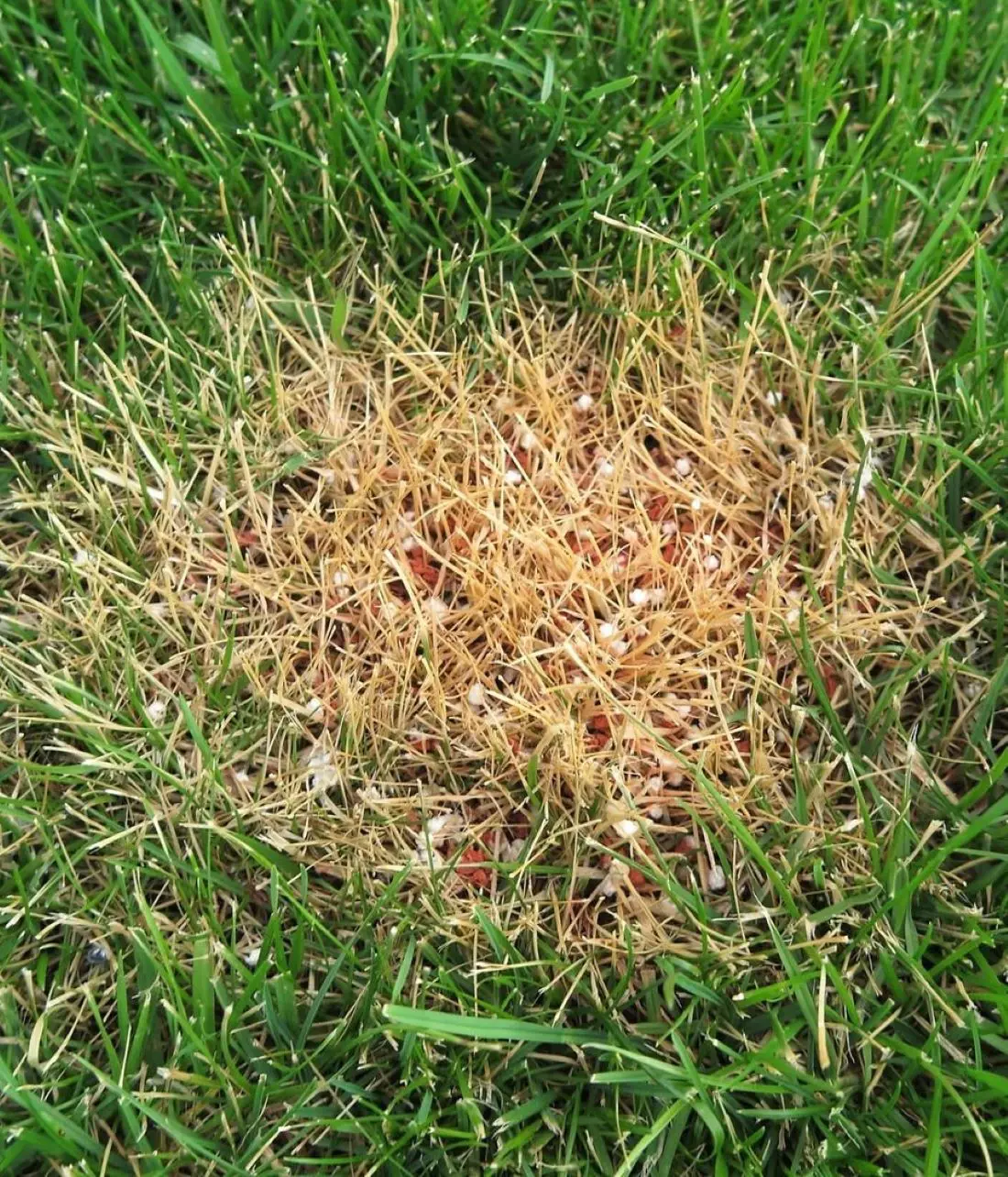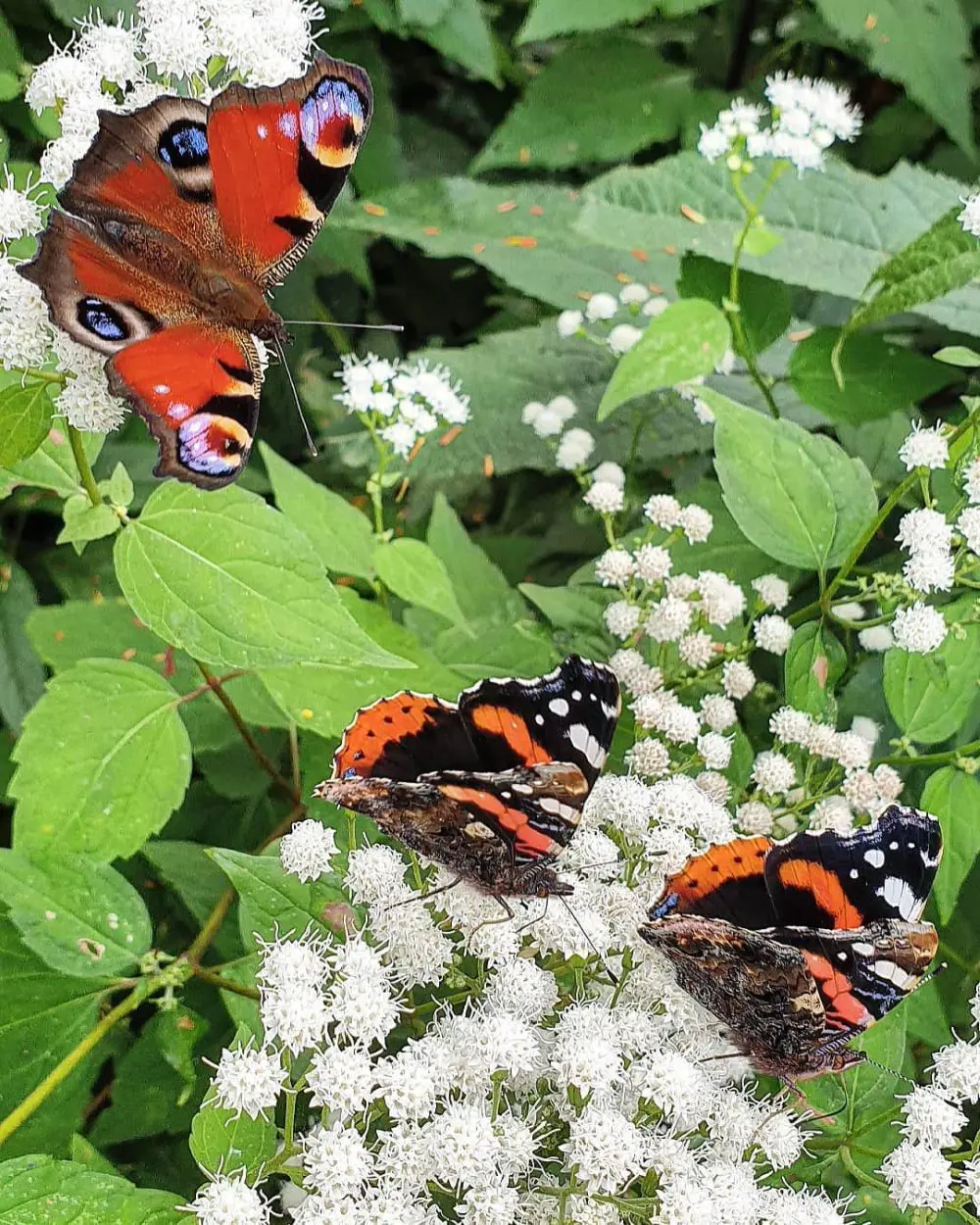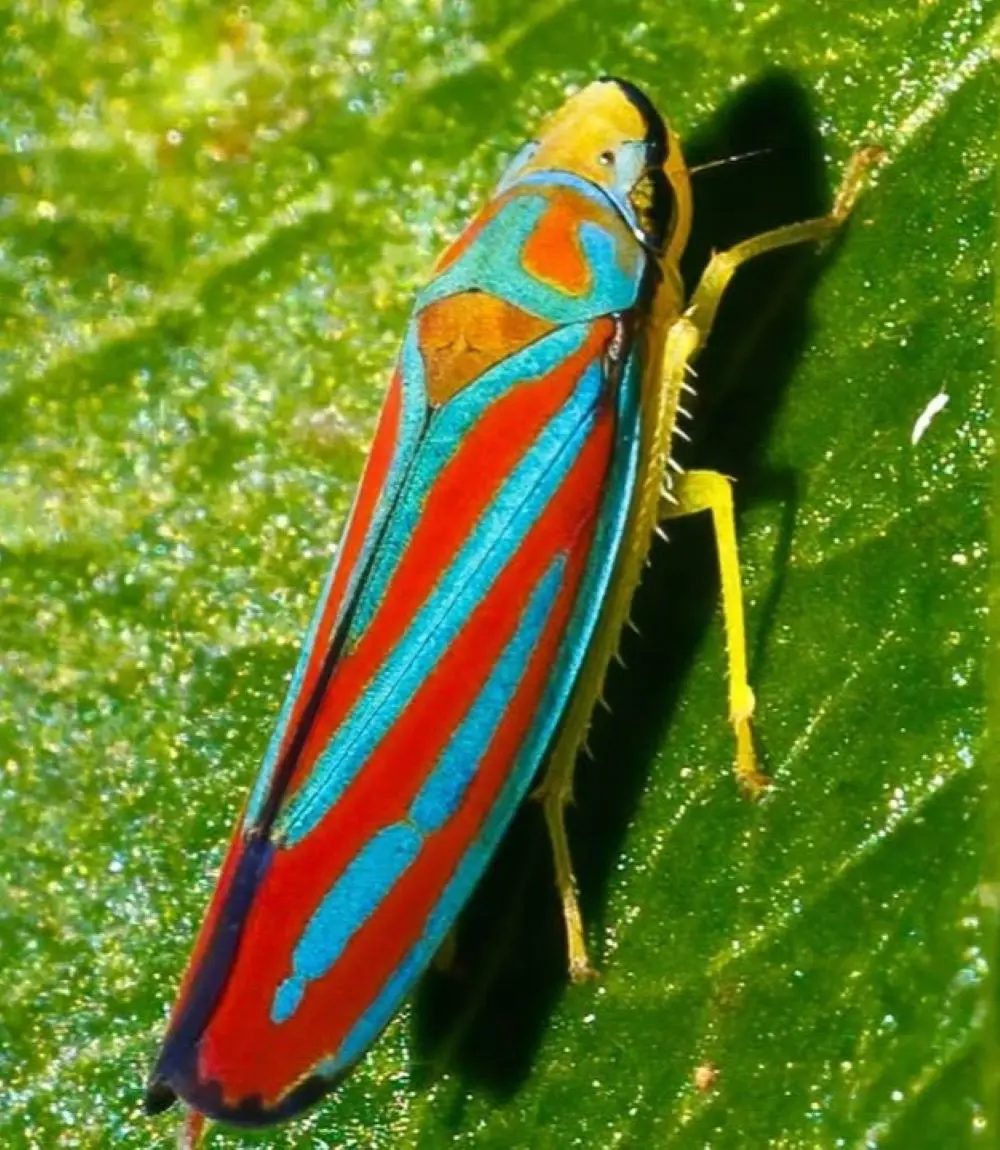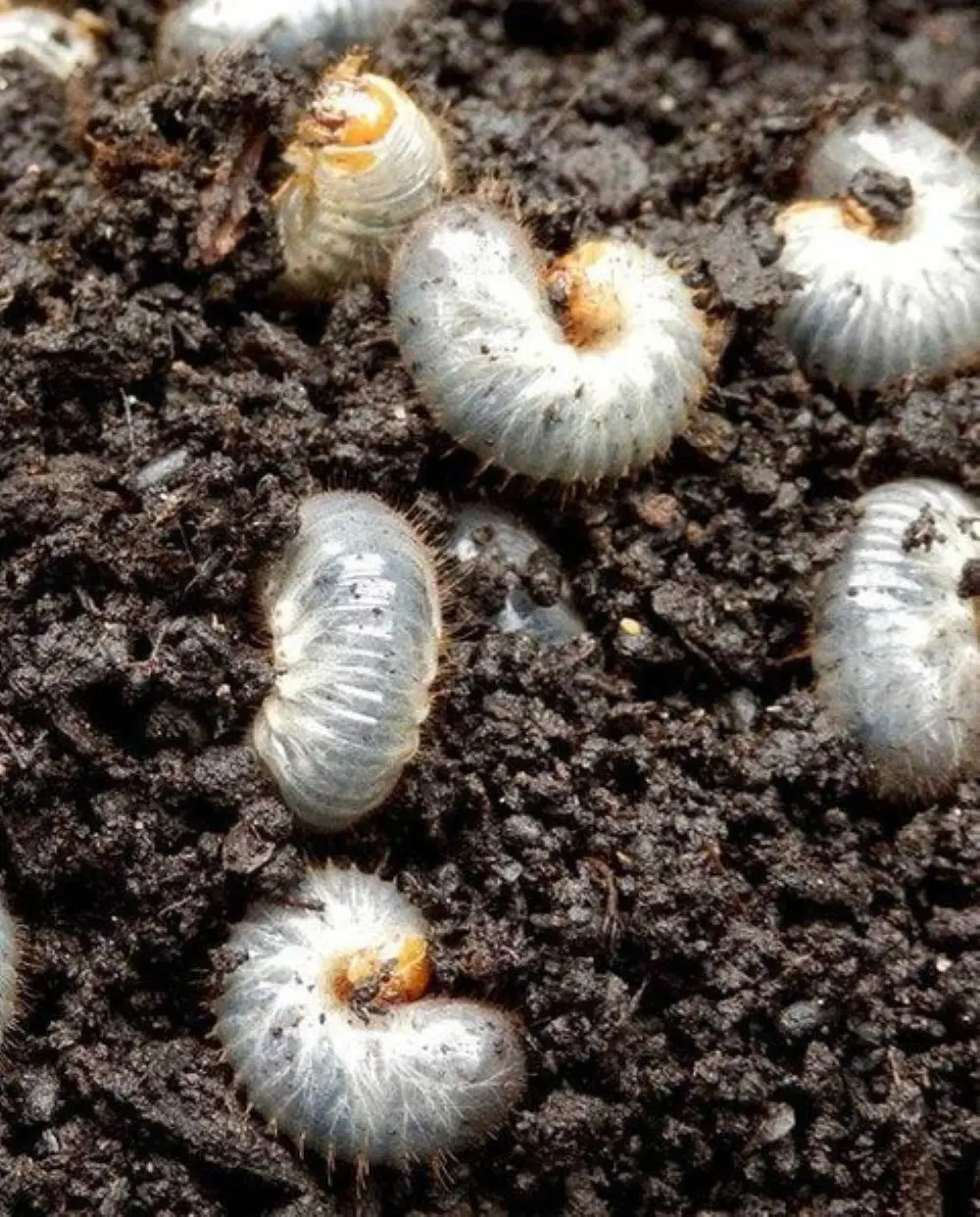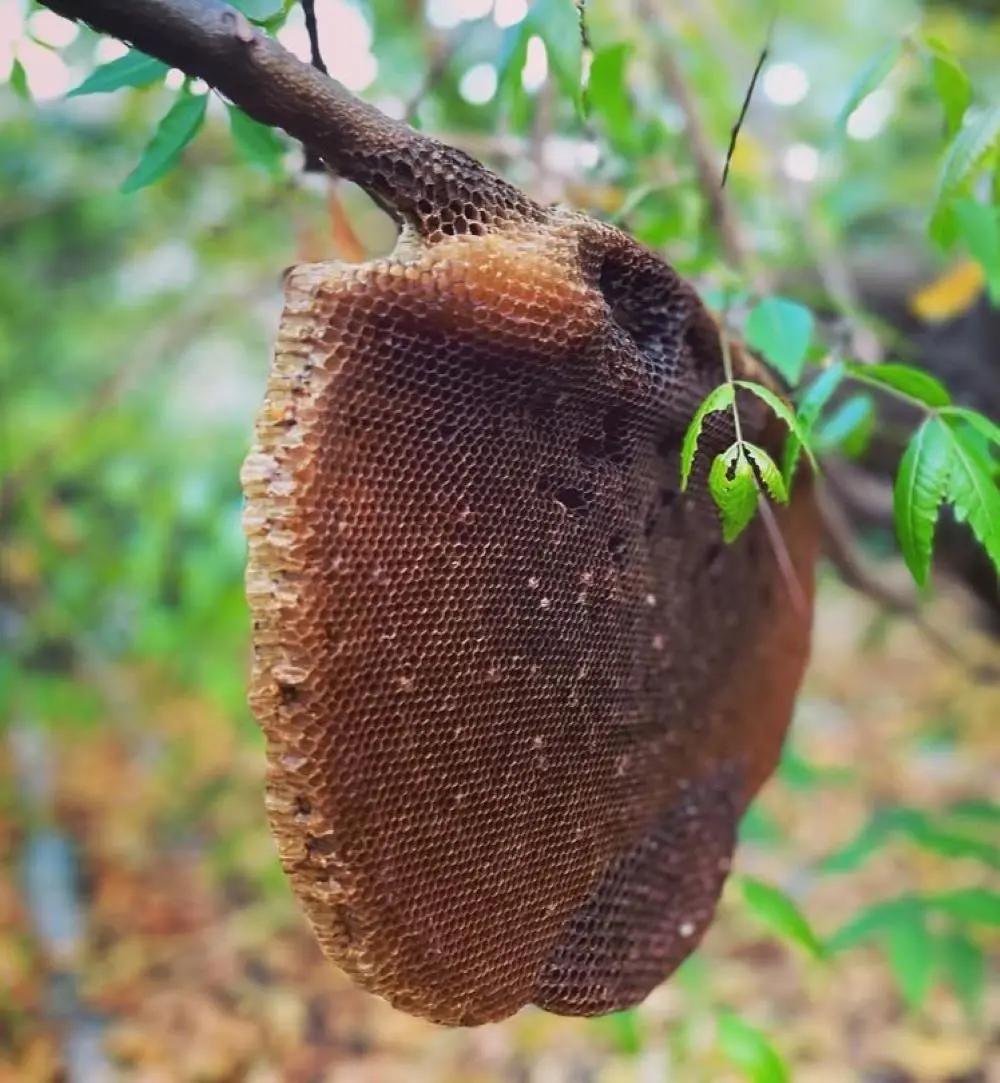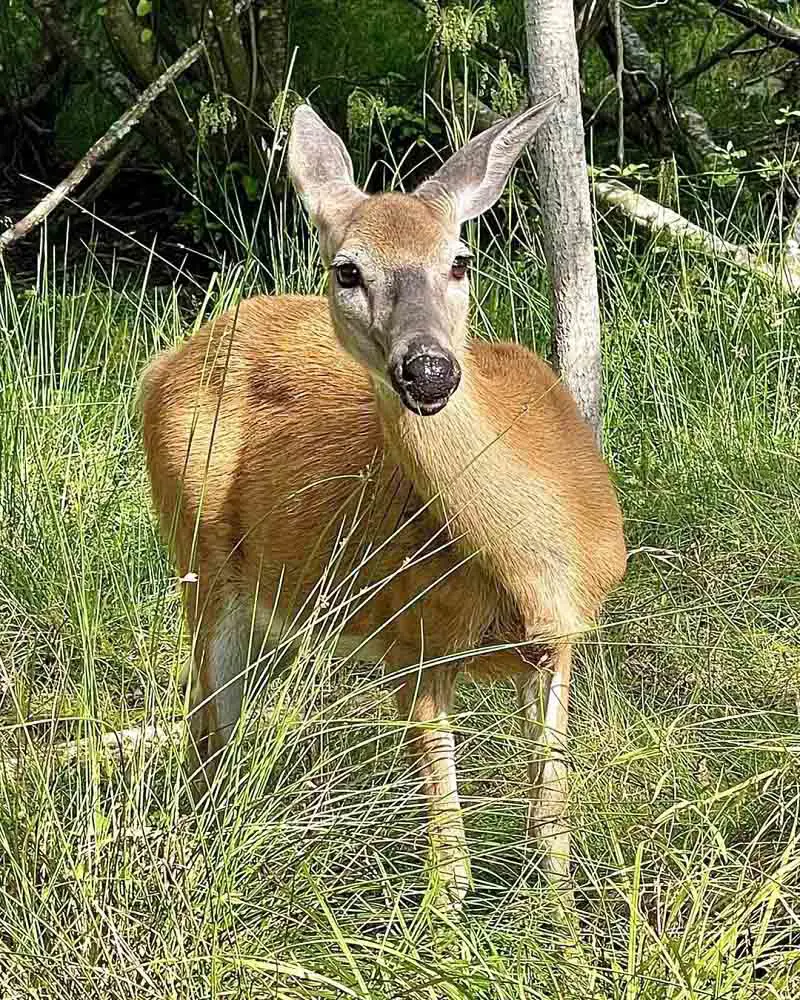How To Get Rid Of Raccons By Excluding Them
With their mischievous charm, Raccoons might seem like harmless additions to your backyard. The key to getting rid of raccoons lies in exclusion which has a two-pronged approach involving -
1. Eliminating Attractants
The most effective way to deter raccoons is to make your yard as unappealing as possible. Raccoons are resourceful omnivores, which means they'll readily gobble up anything from leftover pizza to juicy grubs.
For instance, raccoons are notorious for their trash can acrobatics. So, invest in raccoon-proof bins with sturdy lids that latch securely. If your current cans are lacking, use bungee cords or carabiner clips to make them bandit-proof.
2. Seal Entry Points
Once you've eliminated the reasons for raccoons to visit your yard, the next step is to make sure they can't find a cozy place to stay.
Raccoons are skilled climbers and resourceful explorers, so it's important to seal up any potential entry points around your house.
3. Light and Noise Deterrents
Raccoons prefer dark, quiet places to forage and nest. Install motion-activated lights around your yard, particularly near potential entry points like trash cans and garden areas.
Additionally, set up motion-activated noise makers or ultrasonic repellents to startle raccoons and keep them at bay. This combination of light and sound can create an inhospitable environment for these nocturnal creatures.
4. Use Natural Repellents
Certain smells can deter raccoons. Sprinkle substances like cayenne pepper, ammonia-soaked rags, or commercial raccoon repellents around your yard.
Raccoons dislike the strong scent of these items and will avoid areas treated with them. Reapply these repellents regularly, especially after rain, to maintain their effectiveness.
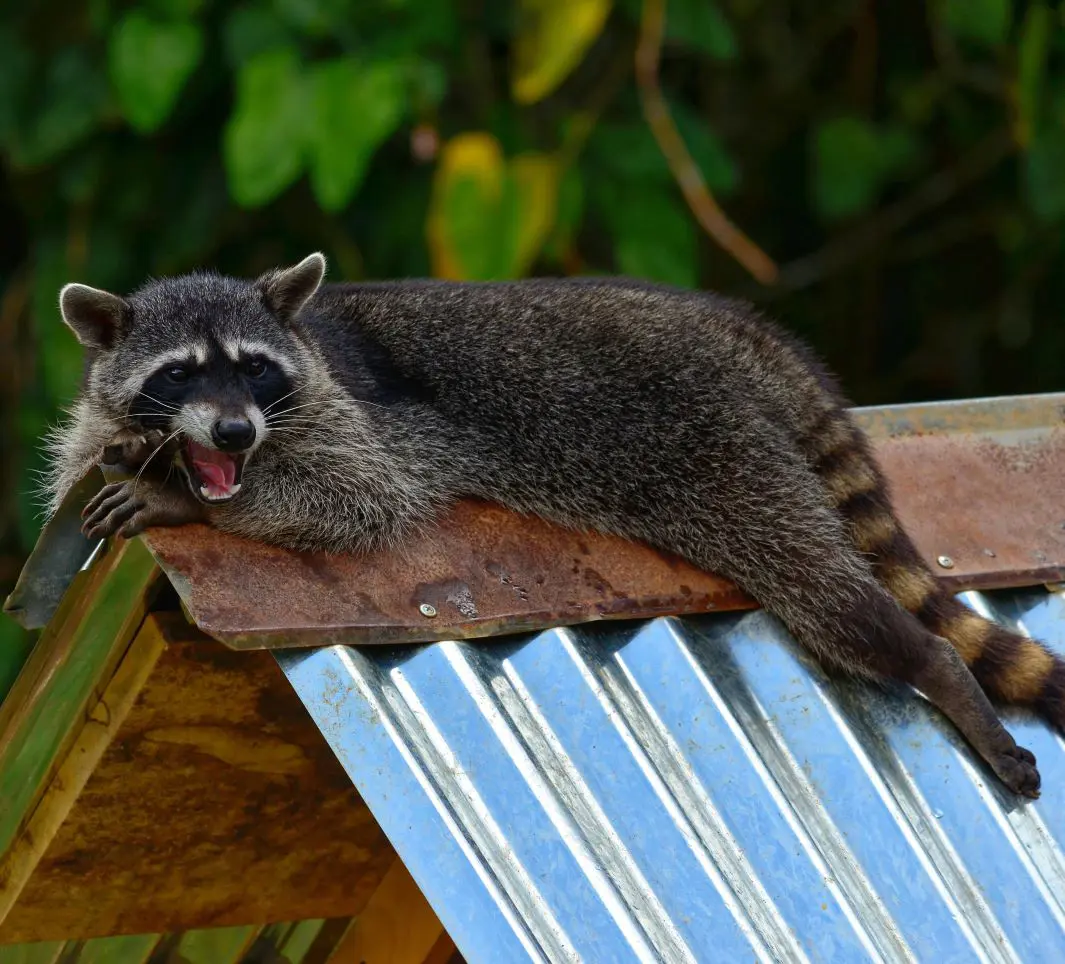
5. Secure Outdoor Structures
Raccoons can find shelter in outdoor structures like sheds, garages, and attics. Ensure these structures are securely closed, with no gaps or holes that raccoons can exploit.
Use heavy-duty locks and latches on doors and windows, and seal any openings with wire mesh or metal sheeting. Regularly inspect these structures for signs of attempted entry and reinforce as needed.
6. Install Fencing
Erecting a fence around your garden or yard can physically block raccoons from entering. Use a fence that is at least four feet tall and buried at least six inches into the ground to prevent digging.
Angling the top of the fence outward can further deter climbing. Consider using electric fencing as an additional deterrent, but ensure it is safe for children and pets.
7. Remove Potential Nesting Sites
Raccoons seek out cozy nesting sites for shelter and raising their young. Eliminate potential nesting sites by cleaning up piles of debris, wood, and leaves.
Trim tree branches that overhang your roof to prevent easy access. Regularly check attics, basements, and crawl spaces for signs of nesting and remove any found materials.
8. Maintain Landscaping
Overgrown landscaping provides cover for raccoons. Keep bushes, shrubs, and trees well-trimmed to reduce hiding spots. Remove fallen leaves, branches, and other yard debris promptly.
Create a clean, open landscape that is less appealing to raccoons seeking shelter or food.
9. Use Humane Traps
If raccoons continue to be a problem, consider using humane traps to capture and relocate them. Place traps in areas where raccoons are frequently seen, baited with foods like peanut butter or marshmallows.
Once captured, relocate the raccoons at least ten miles away from your property to prevent them from returning. Check local regulations regarding trapping and relocating wildlife.
10. Consult Wildlife Control Professionals
When all else fails, consult with a professional wildlife control service. These experts can assess your property, identify potential entry points, and implement effective measures to remove and prevent raccoons.
They can also provide advice on long-term strategies for keeping your property raccoon-free. Professional help can ensure that the problem is handled humanely and effectively.
